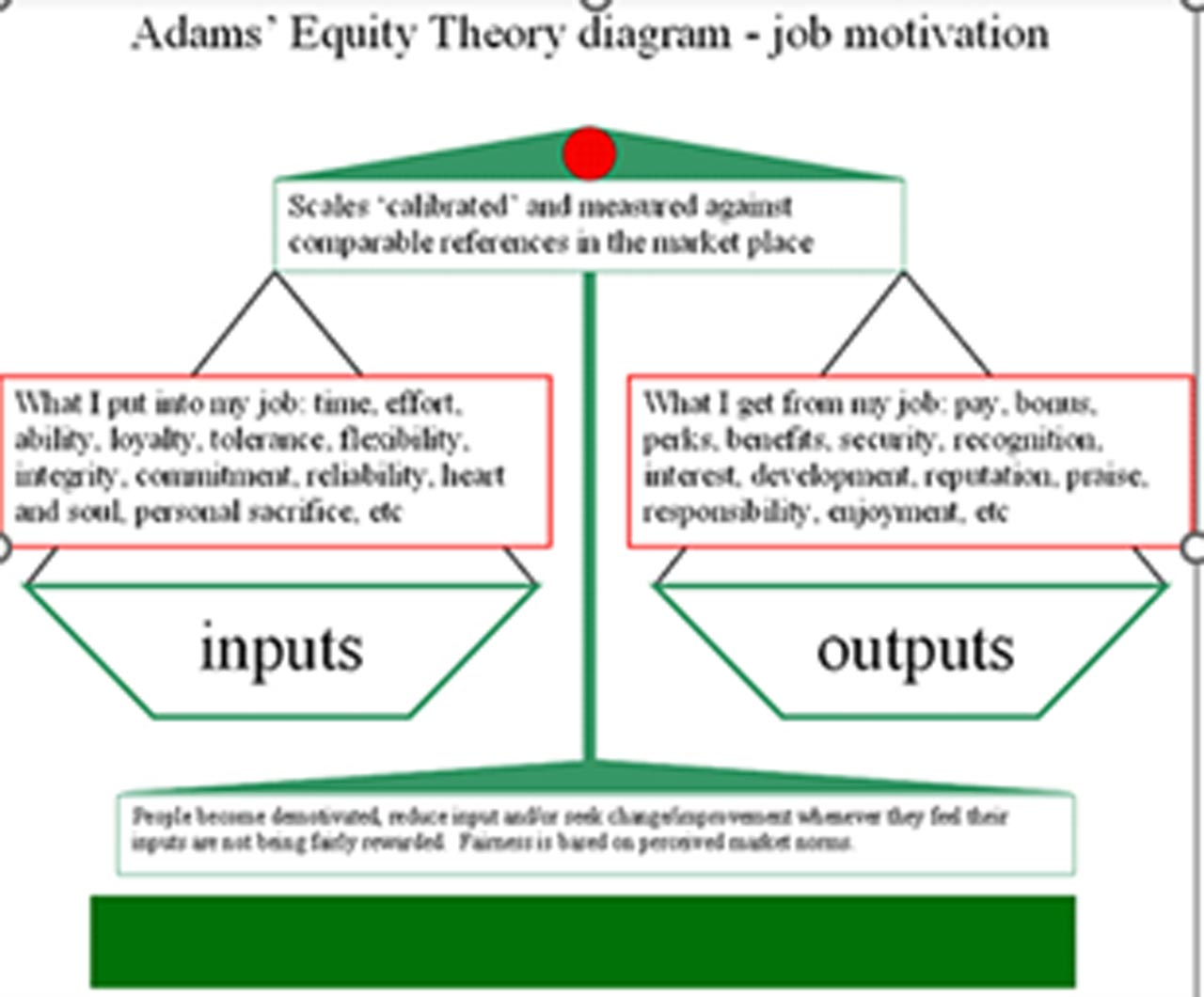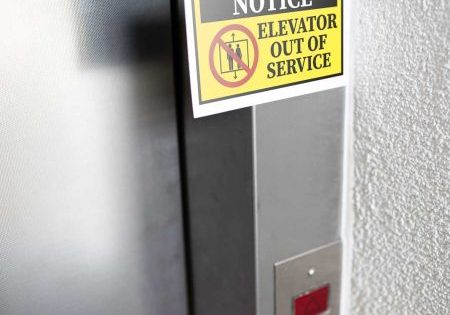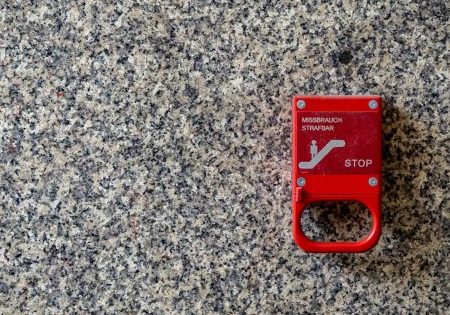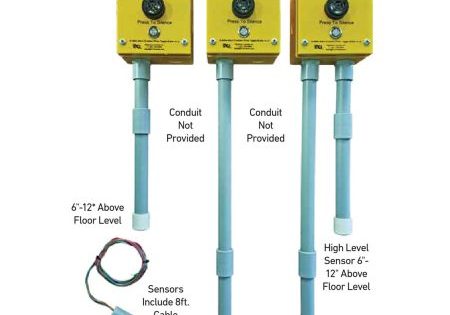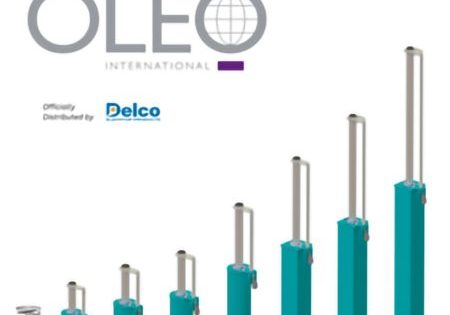Are your employees safe (from being poached by competitors)?
This month’s ELEVATOR WORLD focus topic is safety. Nothing is more important than keeping our employees and the riding public safe. When I was responsible for helping develop a safety work culture, I had a favorite mantra I preached to every employee during our weekly safety toolbox talks: “No elevator part is worth any part of you.” I wanted to drive home the message that employees do not need to take unnecessary risks when working around elevators and machinery. Preventing employee injuries and fatalities must always be the top priority in the workplace. But, another danger lurks within your company that — all too often — does not receive the required attention: the danger of your employees being poached by your competitors. This article provides proven best practices you can implement immediately to keep your employees safe from being poached by competitors.
I have been involved with recruiting talent for a variety of industries for more than 25 years. Since 2014, I have been directly recruiting to support the vertical-transportation industry. After speaking with many clients and candidates, I have identified the top three reasons why employees decide to leave their current job. The top three reasons I identified are:
- Lack of career growth
- Feeling unappreciated
- Non-competitive wages and benefits
When I approach prospective candidates to offer them a new career opportunity, I look to see how happy they are in these three specific areas at their current job. If I sense any slight level of dissatisfaction, I know there is a good chance they may embrace a new opportunity. If your employees do not have a clear career path for growth, feel underappreciated and feel that their efforts are not being fairly rewarded, they will seek to make a change. In 1963, workplace behavioral psychologist John Stacy Adams developed a model for explaining the subtle and variable factors that affect an employee’s perception of their relationship with their work and employer.
Adams’ Equity Theory Diagram for explaining what motivates employees to work hard and when they may seek to make a job change holds true today. To reduce the chances of your employees being poached, it is very important to provide equal benefits and rewards for the efforts your employees are putting into their work.
Rewards are not only tied to the direct pay your employees receive. You also need to ensure you have additional forms of rewards including unique perks, job security, competitive benefits, development opportunities, praise, recognition, rewarding work and an attractive work culture.
To reduce the chances of your employees being poached, focus on making it a tough decision for your employees to consider leaving. The following are the top three best practices you can implement right now.
Evaluate Your Compensation and Benefits Programs
Conduct a comprehensive evaluation of your wages compared to the market norms. Work with a compensation expert to help you correctly classify job groups, conduct job valuations and develop a system for rewarding employees for high performance. Suggestions include developing gain-sharing programs, pay-for-performance reward systems and “earn and learn” programs. Rewarding your employees at or above market norms while also adding unique reward systems will go a long way toward retaining your employees.
Develop Clear Paths for Personal Growth
Employees who feel they have reached the top of their growth at their company will seek to make a change. Be sure to have a regular dialogue with your employees about their career paths. A once-a-year discussion during their performance evaluation is not enough. I recommend having a bi-annual discussion to keep your employees informed on their development and future opportunities for growth in the company.
If your employees do not have a clear career path for growth, feel underappreciated and feel that their efforts are not being fairly rewarded, they will seek to make a change.
Listen to and Praise Your Employees
Studies show that employers with workplace recognition have 23% less turnover than those without such programs. Additionally, employers with effective rewards programs experience a 14% higher employee engagement rate, leading to a 21% increase in profitability.
Are your employees safe from being poached by your competitors? If you are unsure, I encourage you to examine your compensation and reward systems, develop formal programs for career development and be sure you have systems in place to engage your employees so they feel they are being appreciated and listened to. When they do get that call from a recruiter, they can, without hesitation, say, “No thanks, I am very happy where I am working today!”
Get more of Elevator World. Sign up for our free e-newsletter.

